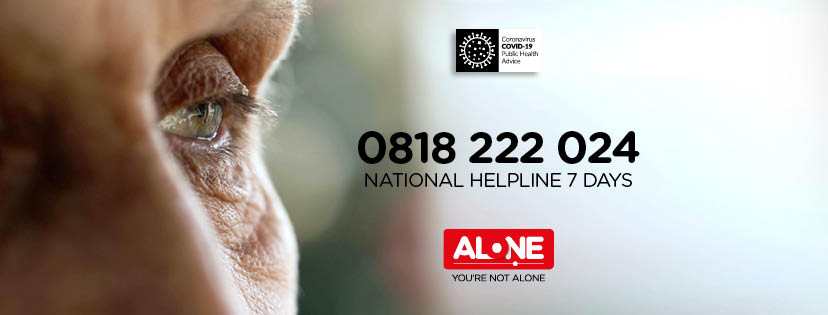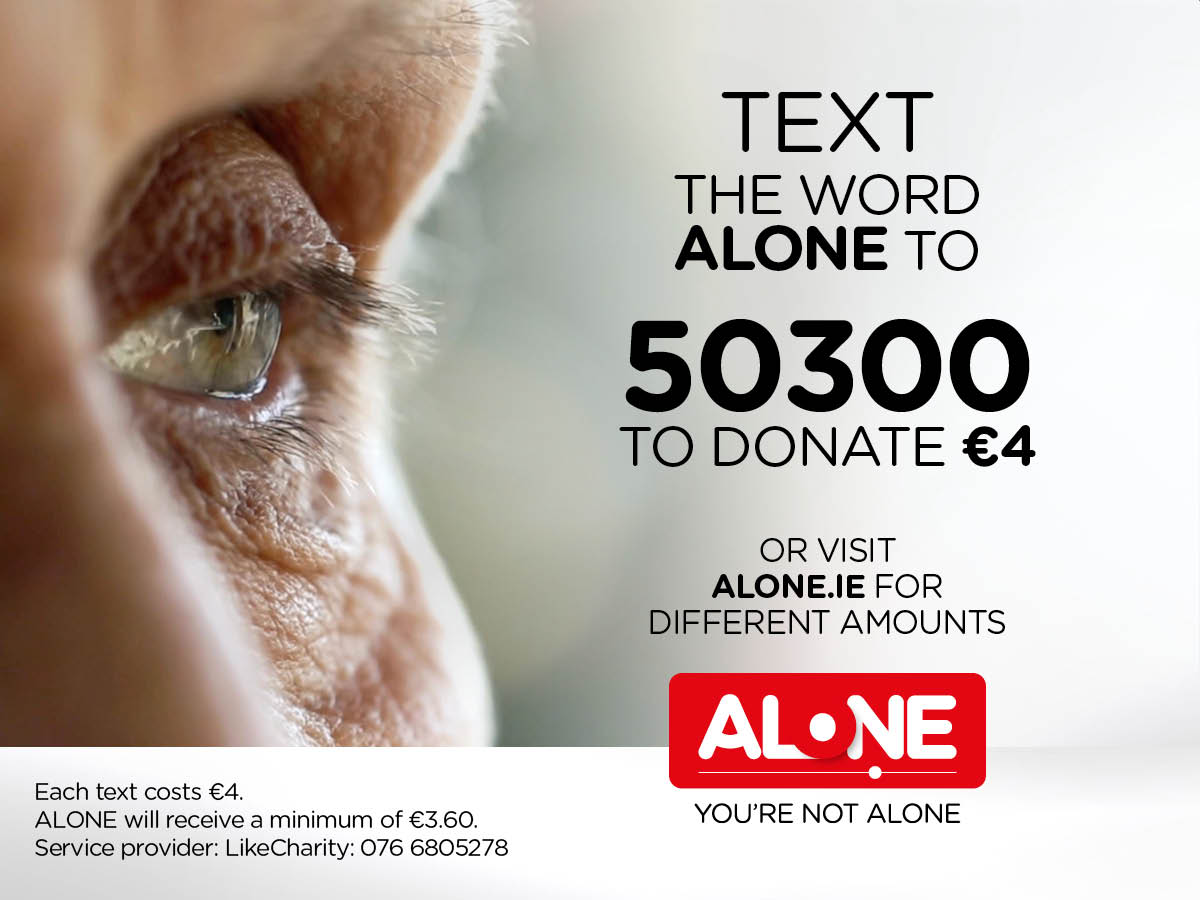The vulnerable members of society are the ones we all need to be looking out for during this unprecedented time – the elderly, those with disabilities, those with long-term health conditions, the immuno-compromised and anyone in the at-risk groups. If you do not fall into any of these categories, you can help.
1. Offer to do a grocery shop
Many people in at-risk groups – particularly the elderly – are afraid to go to supermarkets, where people are panicking and rushing around, or having to stand in queues for long periods of time. They may also just be anxious about the virus itself and fear catching it, knowing they may not be able to fight it. Why not pop by and take a grocery list – or even better do so on the phone – and drop their groceries to their door.
2. Check in
Sometimes all it takes to reassure someone is a friendly phone call, a voice on the other end of the line letting them know someone cares for them and is there to make sure they are ok. Simply checking in like this on a vulnerable person can make their day. If they are tech-savvy, why not try a video call? It’s the closest thing to face-to-face interaction and will boost their spirits hugely.
3. Run errands
They may be used to posting their own letters, walking their dog or popping to the corner shop for the paper, but these things are now actions that could put their lives at risk. Anxieties grow when their normal routines are changed, so why not offer to walk the dog, post a letter or pick up the paper for them. It’s these little things that keep them going.
4. Start a COVID volunteer group
Why not get a group of friends and neighbours together who are healthy and willing, so you can cover a greater distance and help as many vulnerable people in your community as possible.
5. Donate
Food banks, homeless shelters, community kitchens and various other community charities will need food donations as this is a time where people are not donating as much as they usually would be. Charities like ALONE who are specifically helping the elderly need as many donations as they can get at a time like this. You can text the word ALONE to 50300 to donate €4 or visit alone.ie.
ALONE have also launched a helpline (in collaboration with the HSE & Dept. of Health) for older people who are struggling with or have concerns surrounding COVID-19. If you, or an older person you know, need advice or support you can reach them from 8am-8pm every day on 0818 222 024.


6. Keep your distance
Whether you are dropping off groceries or walking their dog, adhere to the social distancing guidelines and be sure to wear gloves to avoid any potential transfer of the virus from you to them – even if you don’t have symptoms.
7. Give blood
If you are under 70 and eligible to give blood, then now is as good a time as any. The Irish Blood Transfusion service and reminding people that patients still need blood and platelets during this crisis. To adhere to social distancing guidelines, book an appointment ahead of time at your local clinic. Find out more on ie.

